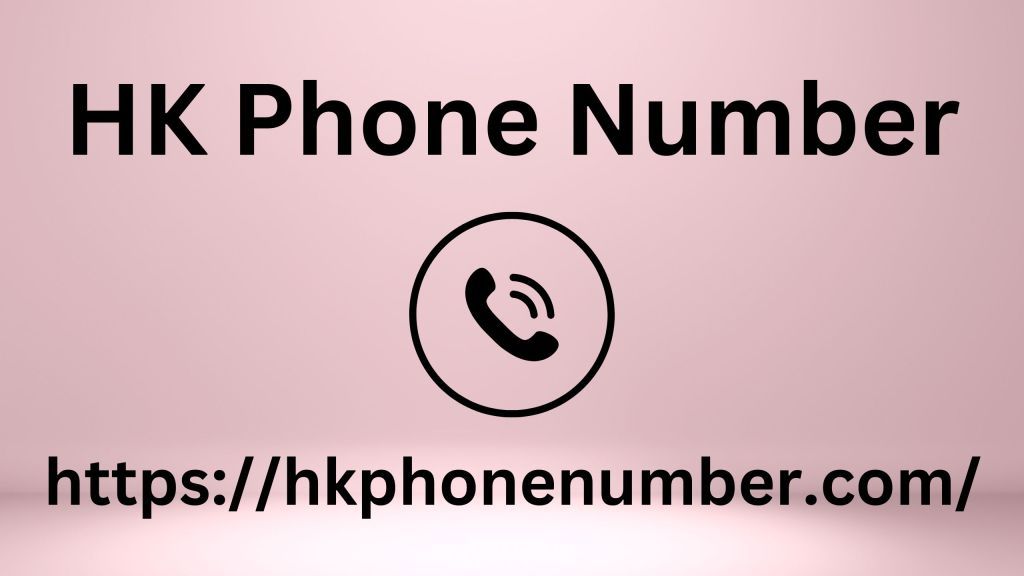|
|
Translations from this point on would cost around 95% less than a human translation. But if you then add post-processing, the costs increase significantly again. In this scenario, you might be able to save 40%. But that depends on many different factors. How close does the result have to be to a perfect professional translation? What type of text is it and what languages? So it can be more than 40%, but also less. then there's no point in trying to salvage the quality through post-editing. The translator would take as long as a new translation or even longer. There is also the aforementioned risk of overlooking something.
Naturally, a translator is more inclined to regard something as correct if it appears HK Phone Number syntactically correct. A machine translation must be at least so good that post-editing is considerably faster than a new translation. And what I would like to add at the very end: Most large companies use machine translation, but even Google has the most important content done by professional translators. So the most important thing is to have a good strategy for the different content. About the authors Tim Branton Tim Branton is PureFluent's CEO and a passionate advocate for the role of technology in the language industry.

He has 30 years of business experience across the chemicals, telecoms, business services and software sectors in the UK, Singapore, Japan, China and South Africa. See all posts by Tim Branton Ian Gilchrist Ian has worked in music and home entertainment product development, marketing, and journalism in the US, Canada and the UK, where he currently lives, for over 30 years. In that time he's aided and abetted an eclectic array of artists including Alison Krauss, Talking Heads, Madeleine Peyroux and Slade, and has worked for a diverse range of labels and companies including Universal Music (Canada), Pioneer LDC (Europe), Milan Records (France), the British Film Institute (BFI), Rounder Records Group (Canada) and BMG (UK).
|
|